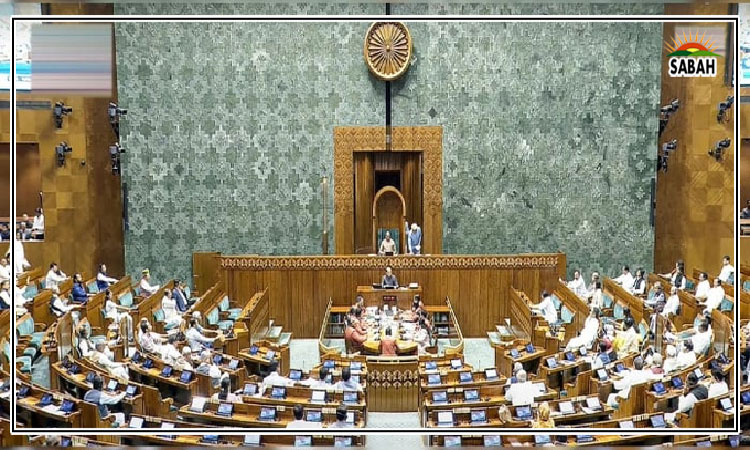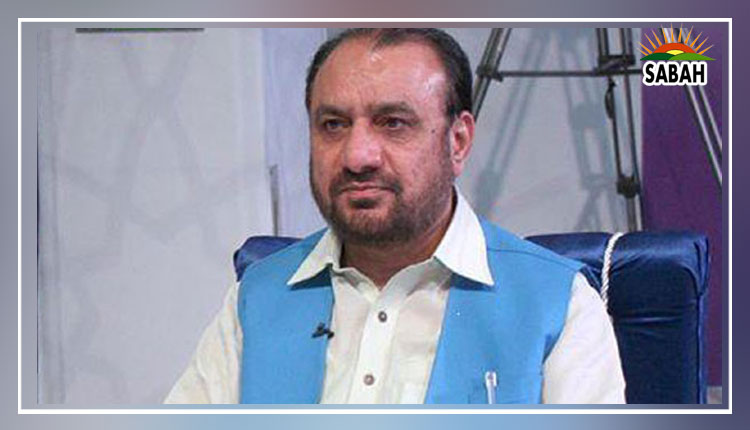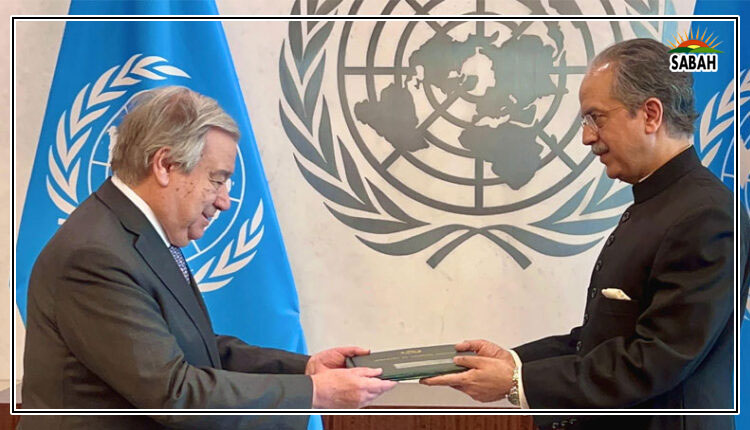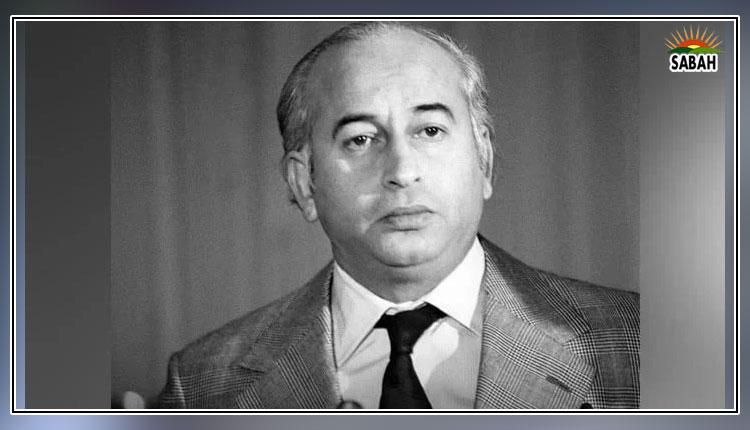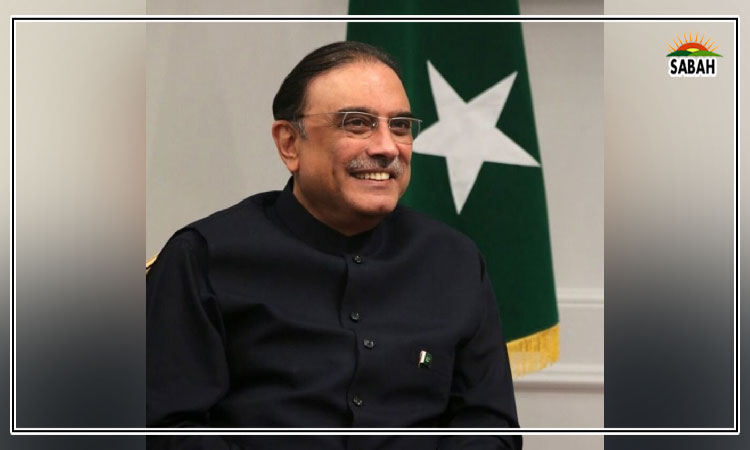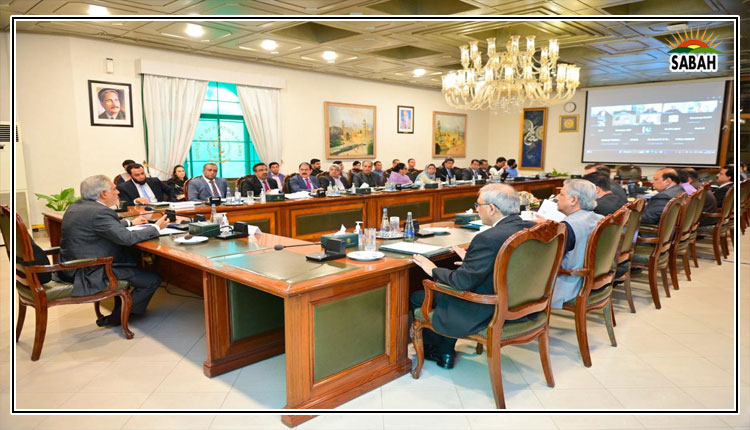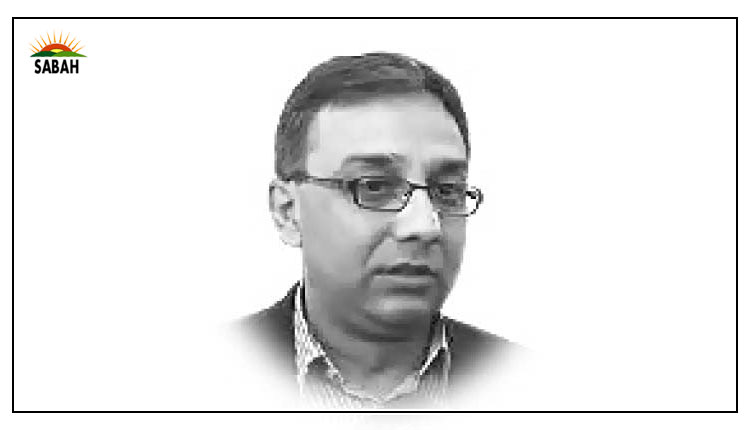Karachi — controversial census…. Raza Haroon
The census is an essential exercise aimed at accurately counting the population and allocating resources proportionally for equitable distribution. Census data is considered sacred, and the process is conducted as a constitutional duty with utmost care and responsibility. Unfortunately, in Pakistan, census data has often lacked credibility and adherence to international standards.
Census activities in Pakistan are governed by the General Statistics Act of 2011, which includes Sections 46-50 outlining offenses and penalties for enumerators, census officers and the public. Section 46 stipulates penalties for individuals wilfully withholding required information from census officers, obstructing or providing false information and interfering with census duties. Offenders face fines ranging from Rs50,000 to Rs500,000 and/or imprisonment of up to 6 months. Section 49 addresses refusal or neglect of census officers in discharging their duties, treating such actions as offenses. Section 50 pertains to falsification of data by authorised officers and associated disciplinary actions.
Karachi’s population, recorded as 16.051 million in the 2017 census, is widely regarded as inaccurate and misleading. Claims from six years ago suggested the city’s population was no less than 25 million. The official increase in Karachi’s population by 2023, assuming the 2017 census is accurate, is 4.33 million over six years. However, recent figures released by the Pakistan Bureau of Statistics (PBS) appear questionable. The initial figure of 11.804 million in April 2023, followed by periodic increments to 20.383 million, raises suspicions. Rumours circulating during the census exercise suggested that Karachi’s population would be capped at 20 million. PBS should be held accountable for potential neglect and violation of constitutional obligations under Sections 46, 49, and 50 of the General Statistics Act.
Experts widely acknowledge that Karachi’s population is likely no less than 30 million, although some appear contented with the 20-million figure. This discrepancy has significant implications, potentially leaving the city short of resources for 10 million people, roughly one-third of its actual population. The census not only serves electoral purposes but is also adhered to for equitable distribution of funds and resources and development projects. Consequently, Karachi may remain disadvantaged for another decade until the next census.
While parties like MQM-P, JI and PPP have raised concerns about this issue, a united front has not been achieved, leading to an embarrassing situation for political stakeholders. The Council of Common Interest approved and notified provisional census results, possibly affecting the delimitation process ahead of general elections. Section 17(2) of the Elections Act 2017 mandates the Election Commission of Pakistan to delimit constituencies after each census, as defined in Section 20(1)(2) outlining delimitation principles.
The recent local government elections in Karachi exposed discrepancies in voter numbers per constituency, distorting the equality of votes within districts, divisions, cities and provinces. Acknowledging these disparities, the Sindh government notified the delimitation of 55 union councils before the upcoming elections. The undercounting of Karachi’s population denies 10 million individuals their rightful allocation of resources, services, infrastructure and development projects.
Karachi’s significance arises from its diverse, multiethnic, multilingual and multireligious community, reflecting Pakistan’s diversity. Concerns over accurate counting may stem from fears of losing political dominance, rural-urban divides and potential reforms. An empowered local government system protected by the Constitution, combined with an accurate census, is crucial for democracy, representation, planning and development. Despite claims of undercounting in 2017 and 2023, the perception of census activities (costing Rs34 billion) in Pakistan remains contentious, often associated primarily with election-related purposes and voter lists.
Courtesy The Express Tribune, August 19th, 2023.


